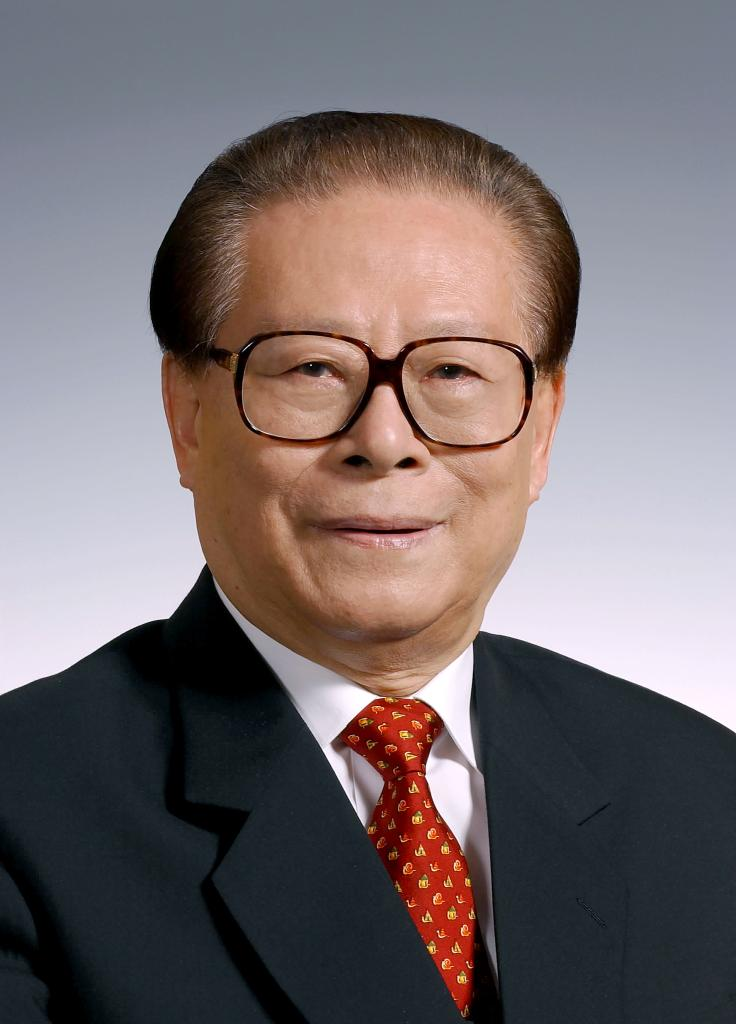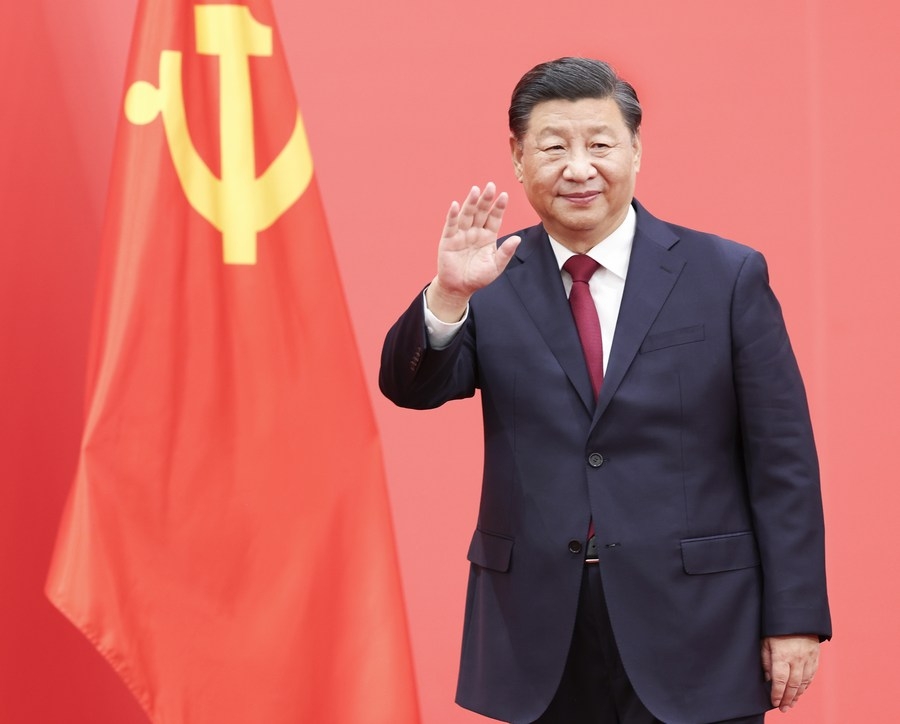After assuming control of the Chinese Communist Party, Xi promptly began a broad anti-corruption effort that resulted in the removal of one Jiang’s faction member after another…reports Asian Lite News
Jiang Zemin’s death has resulted in decreasing number of voices within the Chinese Communist Party (CCP) that can express opinions contrary to those of its leader Xi Jinping, leading to Xi’s authoritarian rule within the CCP.
As opposition voices within the Communist Party have been subdued by a protracted purge of his group (Jiang Zemin), Jiang’s death, which was revealed on Wednesday, emphasizes Xi Jinping’s one-man rule, Nikkei Asia reported.
After assuming control of the Chinese Communist Party, Xi promptly began a broad anti-corruption effort that resulted in the removal of one Jiang’s faction member after another. He gathered the power that had been dispersed among the leading figures in the party into his own hands.
Jiang presided over China throughout the majority of the 1990s and oversaw its transition to a market economy. Ten years ago, Jiang and Zeng Qinghong, a close friend and former vice president, helped Xi become the party’s head.
Jiang and his allies were at odds with then-President Hu Jintao’s faction of officials with roots in the Communist Youth League. Hu had wanted Li Keqiang, now China’s outgoing premier, to succeed him. Without a clear candidate of its own, the Jiang faction backed Xi, according to Nikkei Asia.

Through Xi, Jiang and Zeng planned to continue having influence over decisions. But Xi started tearing down a lot of Jiang’s achievements.
During the anti-corruption effort, several influential officials from the Jiang era saw their influence decline, whereas Hu, who struggled with interfering elders during his time, has generally kept his opinions to himself. According to Nikkei Asia, influential former members of the Communist Youth League have been demoted from their positions.
All 24 members of the newly elected Communist Party Politburo pledged their allegiance to Xi during the party’s recent 20th congress. Xi was elected to a remarkable third term as party leader in late October.
All significant spheres of influence, like as the military, courts, police, propaganda, and foreign policy, are now under Xi’s direct control.

China watchers have warned that the country’s policy of reform and opening up could lose further momentum, with Xi accelerating his push toward a more socialist economy and stronger social controls, reported Nikkei Asia.
Moreover, public frustration with the government’s strict zero-COVID policy of containing the coronavirus has now boiled over as rare public demonstrations of dissent. Even party and government sources have voiced concerns that the restrictions have gone too far.
The pandemic is not Xi’s only challenge. He also faces tensions with the US, a potential conflict over Taiwan, an economic slump and a real estate bubble.
The concentration of power in the hands of one man juggling so many problems poses a risk for the world, reported Nikkei Asia. (ANI)
Leave a Reply